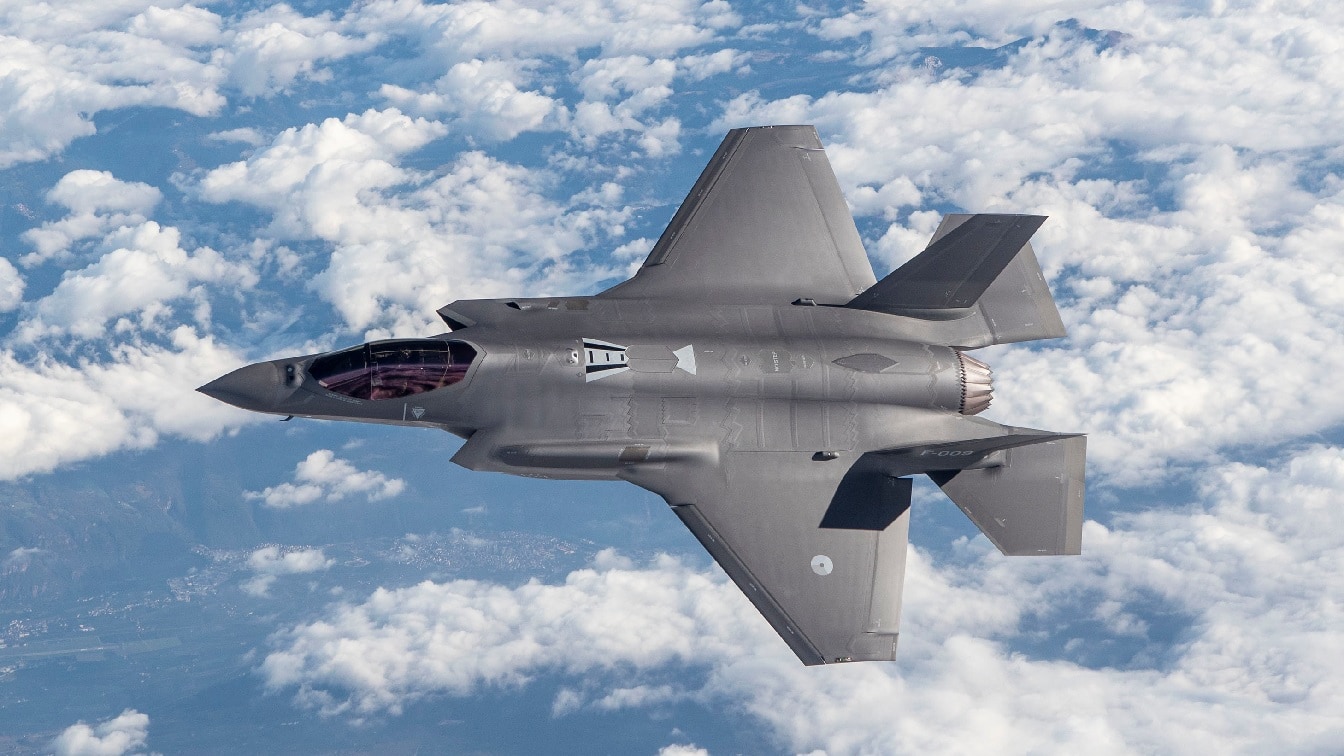The United States Speaker of the House left her one-day visit to Taiwan that went counter to express and committed wishes of the People’s Republic of China. Concerns over whether Pelosi’s visit would incur immediate military reaction seem, for the moment, to have been overblown. However, the impact of the visit in the medium- and the long-term do not appear to have been carefully considered.
At this very moment, the apparatus of American foreign policy does not require an additional crisis, which Pelosi’s visit at the very least risked triggering.
Let’s Be Realistic
Many of the justifications for Pelosi’s trip have centered around the right of politically relevant U.S. citizens to visit Taiwan, the right of Taiwan to host U.S. political officials, and in general the need for democracies to push back against the growing global strength of autocracy. Indeed, Pelosi has described the reasoning for her visit in such terms. For her part, the Speaker has long had a troubled relationship with the CCP, having criticized Beijing on the grounds of human rights and its ongoing occupation of Tibet.
None of these claims are untrue, precisely. However, simply because they are true does not make a visit wise. If there is an insight that realism holds for progressivism, it is to accept that there are limits to the parameters of the possible. Provocation is a tool of statecraft and on certain occasions can be used productively. Provocation can clarify threats and relationships, eliminating ambiguity. But the general utility of provocation as a tool does not mean this provocation was the right call at this moment.
The Polycrisis
Even setting aside for a moment America’s unsettled domestic situation for a moment, the Biden administration has a lot on its plate. The U.S. is simultaneously experiencing something like half a dozen international crises. The Iran Deal seems to be on its last legs. Ukraine is still in flames. Finland and Sweden have yet to complete the process of joining NATO. Kosovo is on the edge of conflict. North Korea is making noises about another nuclear test. Of course, the world is always a messy place and we tend to only see stability in hindsight, but it’s not a hard sell to suggest that the U.S. faces a complicated and immediate set of problems. In this context, we have to take a hard look at whether making the relationship between the U.S. and China worse really benefits American interests.
The Relationship
Are relations between Beijing and Washington so bad that the visit could not possibly make things worse? Not likely. It is NEVER the case that a competitor (or enemy) is already maximally hostile and maximally committed. The U.S.-China relationship has certainly grown more antagonistic over the past decade, a trend that Biden’s succession of President Donald Trump has not disrupted.
China is far more powerful today than in 1996. It can project power farther into the Pacific, and threaten U.S. interests at great distances from its coasts. Assessments of the cross-Straits military balance still equivocate on whether China could seize Taiwan, but its position has undoubtedly improved. Moreover, as a CNAS exercise demonstrated, China doesn’t need to invade Formosa directly in order to put pressure on the alliance; it can attack the outlying islands and force either Washington or Taipei to respond.
And China need not even launch a war in order to cause problems. Beijing can obviously take more aggressive steps to support Moscow’s war on Ukraine. This could include the supply of military equipment to Russia as well as economic, financial, and technological assistance. China has been an incomplete participant in the sanctions regime against Russia, but it could cause much greater damage if it wished. China can also readily take steps to enhance the capacity of Iran and North Korea to make trouble for the United States. Strategists in Beijing undoubtedly have thought of other clever ways to hurt the U.S. if need be.
Parting Thoughts
The U.S. could use cordial (if not friendly) relations with Beijing to pursue its goals in other parts of the world. Even if Washington cannot rely on China for friendship, at the very least it could benefit from moderating the degree of animosity. China can hurt the United States in subtle and unsubtle ways, which makes choosing a time and place for conflict particularly important.
The United States clearly needs to prioritize its commitments, no matter what that priority structure may look like. Moreover, it is not at all obvious that U.S. allies in the region see Pelosi’s visit as necessary to convey U.S. commitment.
Biden has already stepped up America’s rhetorical commitment to Taiwan by inching away from the policy of ambiguity, which has guided U.S. statecraft for four decades. For the moment (and this is a very early moment indeed) it does not appear that Pelosi’s visit will incur any direct military retaliation from Beijing. However, this hardly means that. Beijing will remember this visit and will respond in ways that are difficult to predict.
The decision to visit Taiwan may well convince China to undertake policies that run counter to U.S. interests in other parts of the world and certainly won’t do anything positive for the long-term relations with Washington.
A 19FortyFive Contributor, Dr. Robert Farley has taught security and diplomacy courses at the Patterson School since 2005. He received his BS from the University of Oregon in 1997, and his Ph. D. from the University of Washington in 2004. Dr. Farley is the author of Grounded: The Case for Abolishing the United States Air Force (University Press of Kentucky, 2014), the Battleship Book (Wildside, 2016), and Patents for Power: Intellectual Property Law and the Diffusion of Military Technology (University of Chicago, 2020). He has contributed extensively to a number of journals and magazines, including the National Interest, the Diplomat: APAC, World Politics Review, and the American Prospect. Dr. Farley is also a founder and senior editor of Lawyers, Guns and Money.

